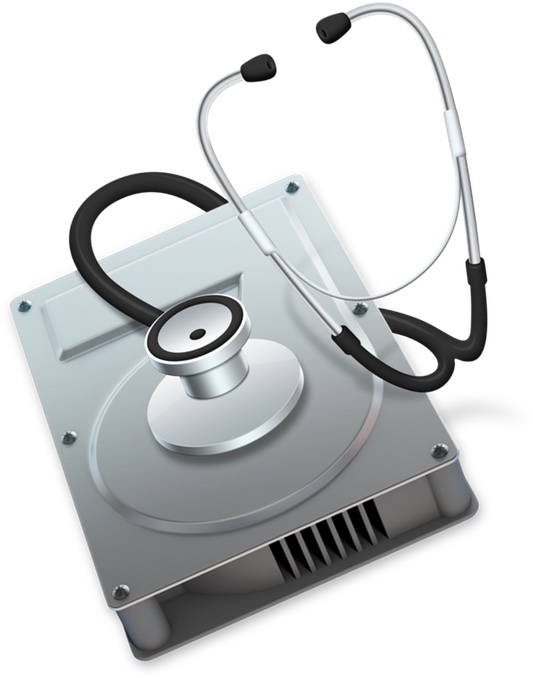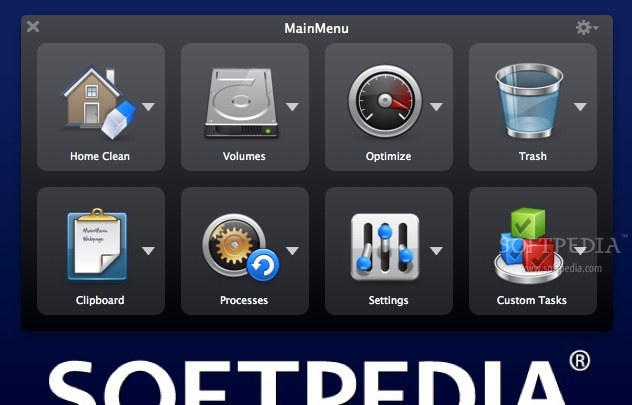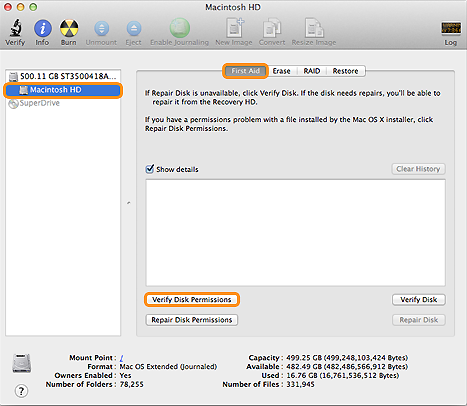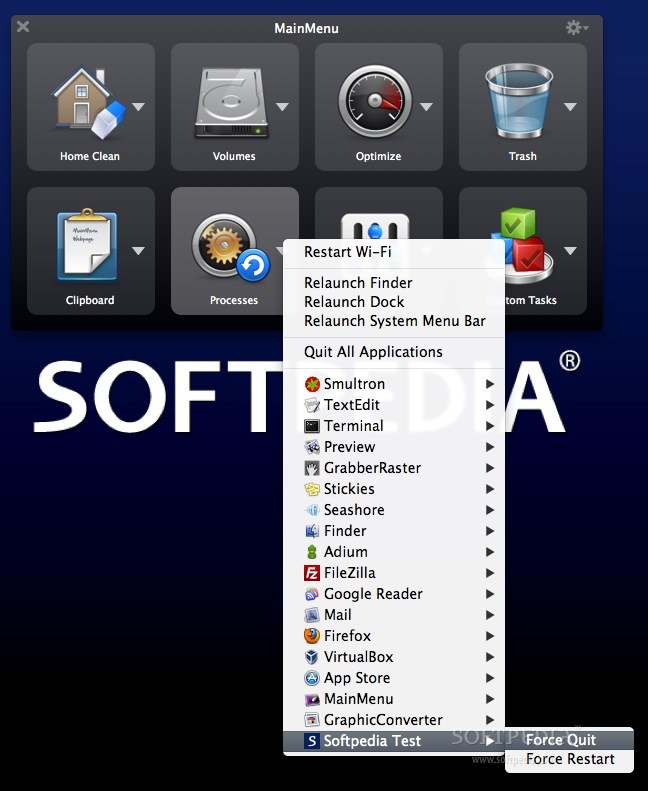
- #DISK UTILITY REPAIR DISK PERMISSIONS MAC OS 10.12 MAC OS X#
- #DISK UTILITY REPAIR DISK PERMISSIONS MAC OS 10.12 INSTALL#
- #DISK UTILITY REPAIR DISK PERMISSIONS MAC OS 10.12 FULL#
- #DISK UTILITY REPAIR DISK PERMISSIONS MAC OS 10.12 CODE#
- #DISK UTILITY REPAIR DISK PERMISSIONS MAC OS 10.12 MAC#
In general, you should not have to take these steps and should rely on Security Integrity Protection to keep your machine operating safely. When you want to turn it back on, follow these steps. You can do this by holding down the Command and R keys when restarting your computer. If you need to totally disable SIP for a valid reason, and you should indeed have a valid reason to do this, here’s what to do. Since the configuration is stored in NVRAM it can only be modified in the machine’s recovery environment. To determine if SIP is enabled on your system open up a Terminal window and enter the command: csrutil status This would allow SIP to be subverted with security configuration from another operating system. Another safety feature is the inability to programmatically set the startup disk. This is accomplished by storing the configuration in NVRAM instead of the file system. Security Integrity Protection applies its setting to all installations of macOS across an entire machine. The company sees the enforcement of SIP as a vital component in providing their systems with the highest level of security possible.
#DISK UTILITY REPAIR DISK PERMISSIONS MAC OS 10.12 FULL#
It allows full control of a system to be gained by a malware attack by taking advantage of a single vulnerability or obtaining one critical password. In most cases, more security is a good thing when discussing computers.Īccording to Apple, unrestricted root access was a major weakness of the operating system.
#DISK UTILITY REPAIR DISK PERMISSIONS MAC OS 10.12 MAC#
Your Mac may contain sensitive personal and financial information that could be extremely harmful if in the wrong hands. The security of your computer system is of critical importance to a vast majority of users. Why is System Integrity Protection Important? This also inhibits malware from tampering with these files. Even as root user you cannot remove files like Chess.app and Mail.app. The familiar option that allows you to repair disk permissions has been removed from Disk Utility. Kernel extensions, or kexts, now need to be signed with a Developer Id for Signing Kexts certificate and installed into the /Library/Extensions directory. If neither is true then the executable is protected by the kernel. At process initiation, the kernel verifies that the executable is either protected on disk or signed with special system entitlement.

Processes are protected against modification and the kernel denies any attempt to attach to a protected process. Third-party developers can use /usr/local, /Applications, and /Library as locations for their code.
#DISK UTILITY REPAIR DISK PERMISSIONS MAC OS 10.12 CODE#
Only system processes that have been signed with Apple’s code signing identity can write to or modify files in certain system directories. Key concepts that SIP enforces #1 – Prevent writing to system locations

#DISK UTILITY REPAIR DISK PERMISSIONS MAC OS 10.12 INSTALL#
Some analysts contend that Apple may be moving the macOS in the very closed direction of iOS, requiring a process similar to jailbreaking in order to install apps.

While Apple no doubt has only good intentions in restricting access to portions of your Mac’s operating system, some users may disagree and be concerned with the limitations enforce by SIP. It can have an impact on independently developed apps if they are not distributed through the Mac App Store. SIP protects access to system locations and prevents your system from being compromised by malicious runtime attachments to system processes.

One of the factors that drove Apple to institute SIP is the threat posed by malware that could obtain unauthorized root permission on your system and take control of your computer. Root permissions in the wrong hands can cause significant damage to your system. Root control lets the user overwrite or delete any system file or app, and can be extremely dangerous if not used with caution.
#DISK UTILITY REPAIR DISK PERMISSIONS MAC OS 10.12 MAC OS X#
Mac OS X is a Unix-like operating system and as such, allowed a root user access to the entire operating system. System Integrity Protection is also known as “rootless” since it restricts the functionality of the root account on the operating system. Therefore, if you are running OS X El Capitan, macOS 10.12 Sierra, macOS 10.13 High Sierra or macOS 10.14 Mojave, you need to understand what SIP is and why Apple feels you need it on your computer. Subsequent releases, which also feature SIP, used macOS instead and then refer to the actual version. That happened to also be the last vision of Apple’s operating system named in the OS X fashion. System Integrity Protection (SIP) is a new macOS security feature that Apple first unveiled in OS X 10.11 El Capitan.


 0 kommentar(er)
0 kommentar(er)
